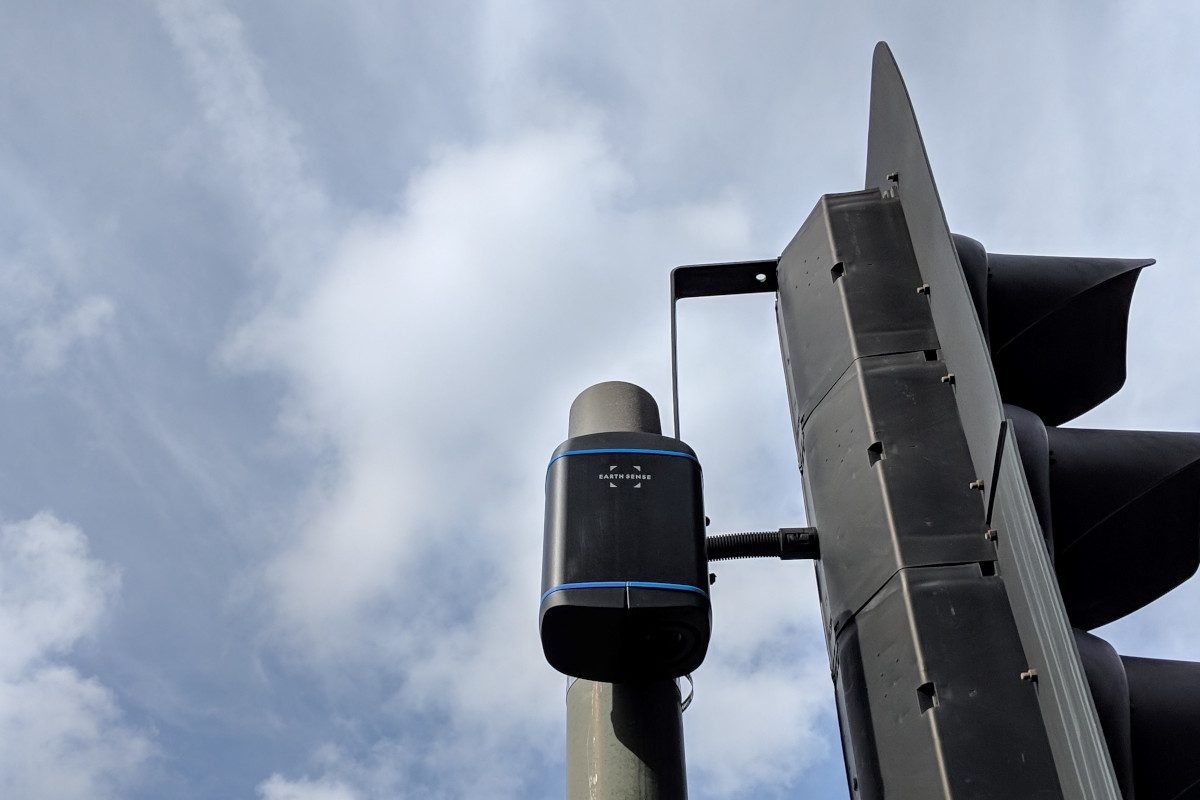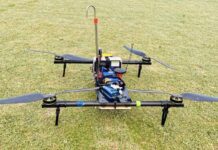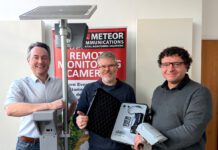
A pilot project in Sandwell to reduce poor air quality through community measures has been backed by UK Research and Innovation (UKRI) with a £50,000 Fast Start: Innovation grant.
The project will be led by air quality and public health consultants Enjoy the Air, in partnership with the Sandwell Council, to examine the link between air pollution, behaviour and the cost of air pollution-related healthcare in the Sandwell area.
The UKRI funded project will examine, over a six-month period, how various datasets could be utilised to improve the health of Sandwell residents.
This will include exploration into the health impacts of air pollution, the provision of data from air quality monitor. Educational information toolkits will be provided to influence residents’ behaviour to improve local air quality.
Enjoy the Air says it has brought together a consortium of businesses to support the project including EarthSense, HealthLumen and I2 Media Research, combining expertise in environmental data analytics, non-communicable disease modelling, behaviour change and the consumer digital experience.
“This unique community-based project will act as a proof of concept. If successful, Enjoy the Air will be seeking to roll this methodology out to other councils to reduce the burden of air pollution-related disease through behaviour change and data-driven local authority policy and planning.”
In the UK, under the National Institute for Health and Care Excellence (NICE) air pollution guidance, local authorities are urged to consider a range of effective interventions that encourage movement to low or zero emission areas.
Air pollution is recognised to be the leading environmental cause of early death, contributing to 11.65% of all deaths globally[i]. Air pollution is also responsible for short- and long-term respiratory conditions such as asthma and lung disease, and a significant contributor to health inequalities[ii].
Paul Fisher, Deputy Director of Public Health at Sandwell Council, said: “Sandwell has had historically poor air quality, due to its industrial past. Currently emissions from industry, domestic sources and transport are our key concerns. Thanks to a variety of local measures to improve air quality along with national and international measures such as cleaner vehicle technology, we are improving air quality and residents’ health.
“By working on this new project, we can explore the potential of utilising existing information to promote individual behaviour change that will become an example to other boroughs around the country.”
Kate Barnard, Co-Founder and Director of Enjoy the Air, said: “There is no denying the significant impact air pollution has on not only the environment, but on our health too. Citizen health and wellbeing are vital to the UK’s New Economy and future prosperity.
“Our work securing the UKRI funding with Sandwell’s Air Quality team will demonstrate that local authorities have a significant part to play in influencing behaviour. Breathing life into our plans with this funding is a massive step in informing the public in real time about the health impacts of their choices about transport and home fuels.”
Enjoy the Air was founded in 2020 to support local authorities in achieving air quality standards to improve financial and physical health. This is achieved by providing cities with the data and strategies required to meet the World Health Organisation’s air standards, as well as to fulfil the UN’s Sustainable Development Goals.
The business awards cities across the UK with its HALO certification, recognising those which are striving to meet WHO air quality standards by lowering levels of dangerous asthma- and cancer-inducing PM2.5 particulates locally.
UKRI launched in April 2018, and is a non-departmental public body sponsored by the Department for Business, Energy, and Industrial Strategy (BEIS). It recently launched its Fast Start: Innovation grant to support hundreds of UK small and micro-businesses with £30 million of combined funding.
Sandwell Metropolitan Borough Council says it is reducing air pollution, including nitrogen dioxide (NO2) and dust particles (PM2.5) through a variety of measures outlined in the Borough’s Air Quality Action Plan https://www.sandwell.gov.uk/info/200274/pollution/485/air_quality
Notes
[i] H. Ritchie and M. Roser, Our World in Data, January 2021
[ii] Public Health England, 2018







